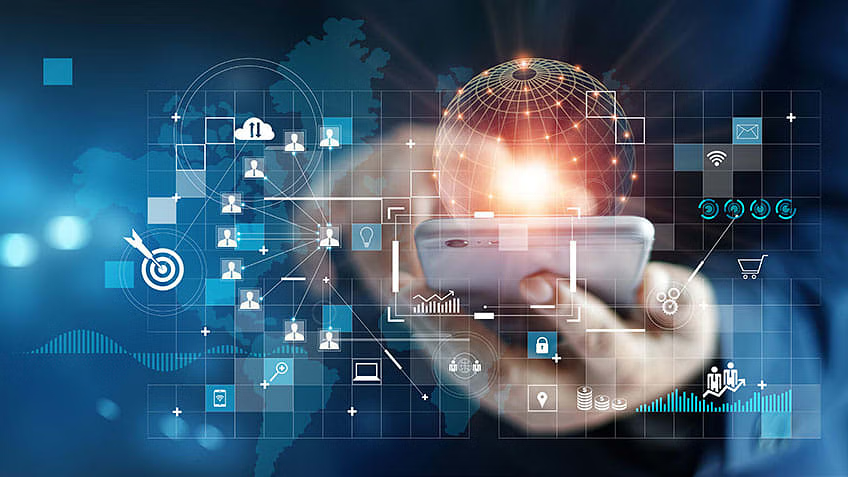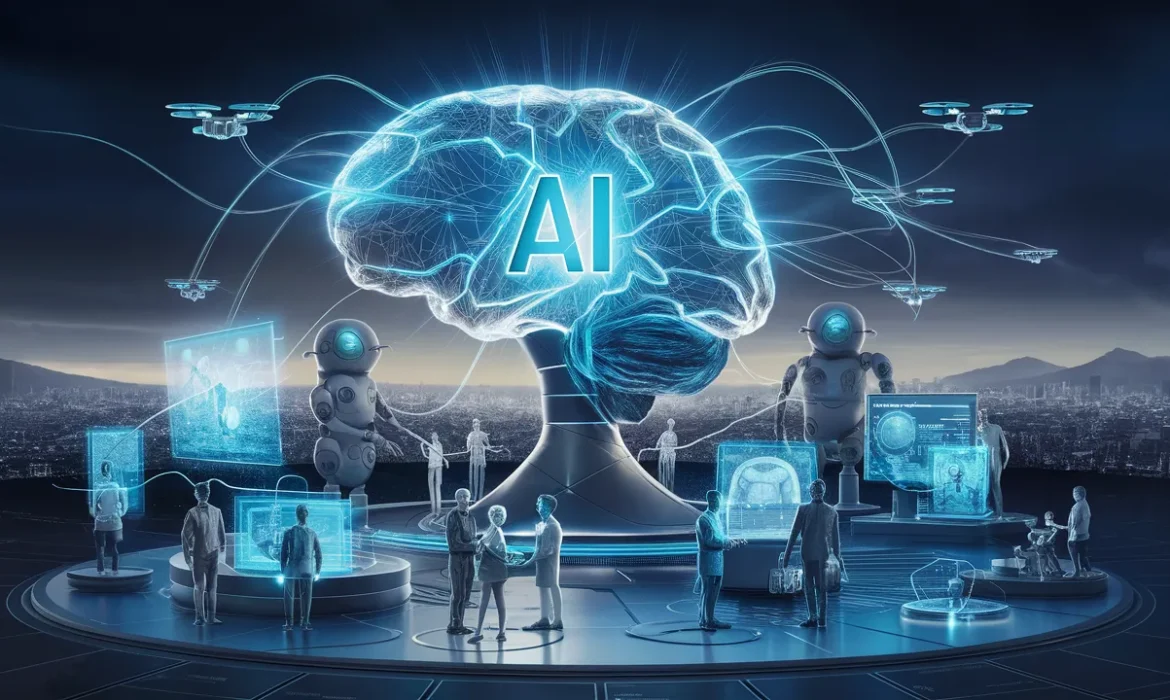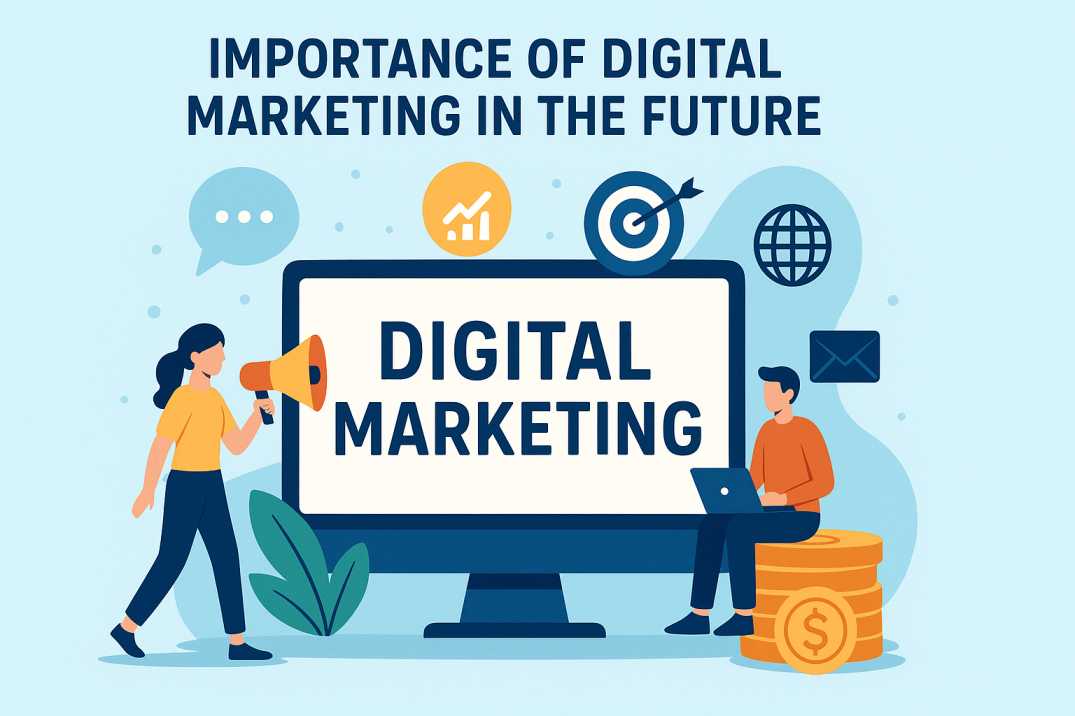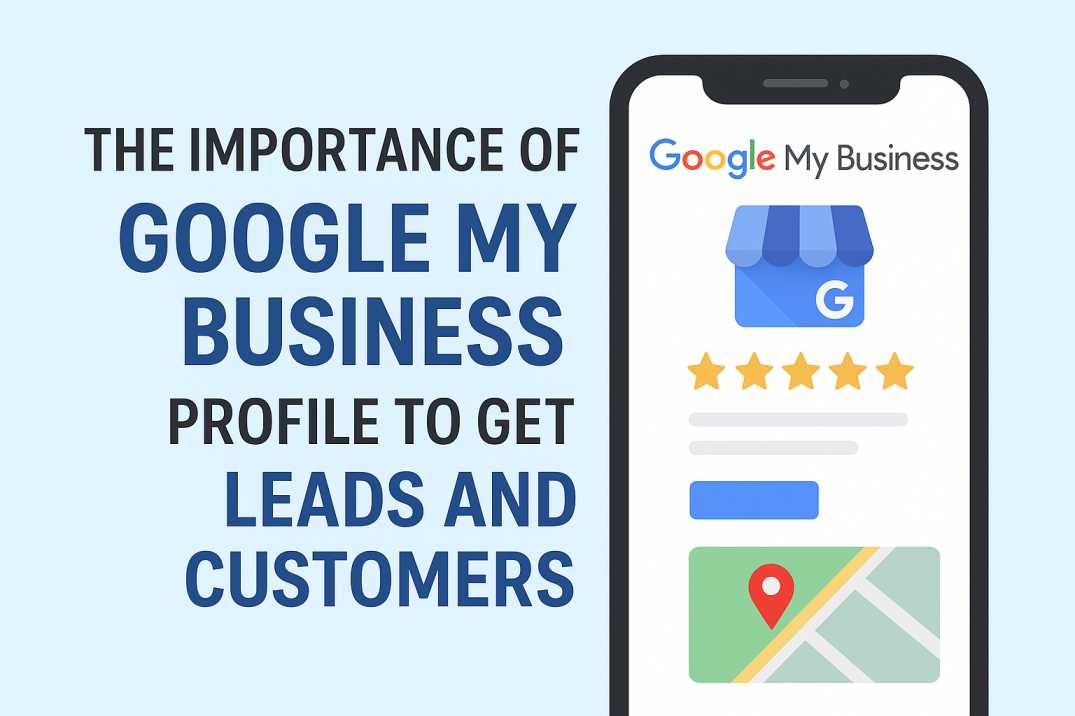The Importance of Technology in Our Lives—Present and Future
1. Present Realities: How Tech Shapes Every Facet of Modern Life
- Health and Well-Being
Telemedicine, wearables, and AI diagnostics have revolutionized healthcare accessibility and precision. Tools like MRI, robotic-assisted surgeries, and remote monitoring now empower both patients and practitioners to achieve better outcomes with greater convenience and safety Wikipedia+1. - Smart Living and Urban Convenience
Smart cities harness a web of interconnected devices—smartphones, IoT sensors, and integrated infrastructure—to manage energy, traffic, and public services more efficiently, giving rise to cleaner, more responsive urban environments Wikipedia. - Seamless Connectivity and Communication
Mobile internet and social platforms have remade how we connect, learn, and share. Tasks like paying bills, working remotely, or collaborating globally are now second nature https://www.edgroom.com/Reddit. - Education Reimagined
EdTech tools—from online courses to AI tutors—have democratized learning access. Especially in underserved areas, innovations like low-cost tablets and satellite-based education systems (like India’s EDUSAT) are leveling the playing field Wikipedia. - Empowerment Through Creativity and Health Tracking
Platforms like YouTube amplify creators of all sorts. Meanwhile, health-tracking gadgets like smartwatches and fitness rings help people monitor and improve their well-being proactively Intellipaat.
2. Visioning Tomorrow: What the Horizon Holds
- Automation, AI, and the Future of Work
AI is transforming job structures—handling repetitive tasks while creating opportunities in oversight, innovation, and creativity. Companies, however, need to invest in training and education to make this transition work for everyone The Times of India+1News.com.au. - A Sustainable and Equitable Tech Landscape
With clean energy technologies leading the way—solar, wind, smart grids—and innovations like carbon capture, we’re seeing how tech can drive sustainability. At the same time, experts like Klaus Schwab urge global cooperation to ensure technology serves all, not just a few TIMEWikipedia. - AI as a Catalyst for Societal Progress
AI promises transformative improvements in healthcare, education, and creativity. Broader frameworks—like Universal Basic Income or thoughtful regulation—could help smooth transitions and ensure equitable benefits TIME. - Navigating the Complexities of AI
Generation-Z voices fear AI’s impact on authenticity, creativity, and environment, even as others see its creative potential. Thoughtful design and regulation are essential to balance these tensions The GuardianWIRED. - Empowerment Through ‘Superagency’
AI can significantly amplify human potential—giving everyone access to powerful tools to act, create, and decide. But this empowerment hinges on preserving freedom, values, and trust The Times. - Wearables Enter the Ethical, Sustainable Age
Next-generation wearables promise ultra-personalized, context-aware experiences with modular design and eco-conscious materials. Yet they also surface concerns around privacy and fairness arXiv.
3. Beyond the Hype: Reflective Voices from the Community
From student discussions to thoughtful comments on Reddit:
“Easy access to information … technologies that can help the disabled … creates careers”
“Technology has become the backbone of modern society … its role … cannot be overstated.”
—Shared reflections highlighting technology’s empowering essence and its expanding footprint Reddit+1.
These voices remind us that beyond data and devices, technology is about how it’s embraced and adapted to better human lives.
Final Takeaways: Tech as Human Partner, Not Substitute
Technology isn’t just a tool—it’s a partner in progress. Today, it’s woven deeply into our health, homes, learning spaces, and communication. Looking ahead, it’s opening doors to sustainability, creativity, inclusivity, and global cooperation.
But wielded poorly, it can also deepen inequalities, erode agency, and fragment trust. The key lies in intentional design, ethical oversight, inclusive access, and adaptability.
The Importance of AI: Present and Future
Introduction
Artificial Intelligence (AI) is no longer just a futuristic concept—it’s an integral part of our daily lives and a foundational technology shaping the road ahead. From healthcare improvements to economic growth, AI’s relevance spans nearly every domain. Let’s dive into why AI matters now and what lies ahead.
Present-Day Significance of AI
1. Ubiquity in Daily Life
AI underpins common tools—from Google Maps predicting traffic to virtual assistants like Siri and Alexa. These systems enhance services by learning user behavior and providing personalized experiences Colorado State University Global3DBear.
2. Boosting Efficiency and Accuracy
AI excels at automating repetitive tasks—data entry, fraud detection, and customer support—while offering consistent, error-reduced output and real-time insights IBM101 Blockchains.
3. Transforming Healthcare
AI aids in early disease detection, medical imaging, and drug discovery—like AlphaFold enabling protein structure predictions in hours instead of months Wikipedia+1. AI has even accelerated the search for potential Parkinson’s treatments, slashing both time and cost Wikipedia.
4. Economic and Industrial Growth
AI drives global productivity, opening new industries, optimizing workflows, and contributing significantly to GDP. Estimates suggest a $19 trillion boost by 2030 WikipediaCalifornia Miramar University.
5. Revolutionizing Education
From personalized feedback to AI-driven learning platforms, education is becoming more adaptive, responsive, and accessible Wikipedia+1. Yet, human teachers—valued for creativity and empathy—remain essential in the learning process arXiv.
The Emerging Future of AI
1. Hyper-Personalization and Empathy in Tech
By 2035, AI will evolve into proactive, emotionally intelligent assistants—anticipating needs through multi-modal sensing and offering personalized guidance in health, finance, and wellbeing Tom’s Guide.
2. Transformational Potential
Demis Hassabis of DeepMind forecasts AI’s impact to be “10 times bigger and maybe 10 times faster” than the Industrial Revolution, with breakthroughs in areas like medicine and space exploration—but also warns of risks like misinformation and inequality The Guardian.
3. Global Economic Shift
AI and machine learning are already central to today’s tech revolution, with potential to inject trillions into the global economy and reshape industries entirely The Economic Times.
4. Shaping the Workforce
AI is transforming job roles—enhancing productivity, optimizing tasks, and reducing workload. Rather than replacing workers, it’s reshaping roles for innovation and strategy News.com.au.
5. Preparing for AI-Driven Careers
Industry leaders like Tim Cook stress AI literacy as the new essential career skill—warning that ignoring AI could mean being left behind The Times of India. Meanwhile, Sam Altman envisions AI fueling breakthroughs in space exploration—a potential lucrative frontier by 2035 The Times of India.
6. Call for Cooperative and Ethical Deployment
Experts like Klaus Schwab and Demis Hassabis urge global cooperation and ethical frameworks to ensure AI benefits are equitably shared and aligned with humanity’s larger goals TIMEThe Guardian.
Block Post: “AI—Catalyst of Now, Architect of Tomorrow”
Opening Thoughts
AI isn’t just part of our present—it defines it. From smart assistants to life-changing innovations in healthcare, AI underlies real-world progress every day.
Enhancing Life Today
AI is everywhere: automating routine tasks, delivering personalized services, driving smarter decisions, and bringing precision to critical care.
Looking Ahead: The AI Horizon
Soon, AI will anticipate our needs, manage complex tasks seamlessly, and act as empathetic partners in our lives—transforming how we work, learn, and connect.
Guiding Principles for the Future
The rise of AI must be matched with thoughtful policies, global collaboration, and ethical design to ensure fair, inclusive progress for all.
Invitation to Act
Get curious, get equipped! Understand AI’s capabilities, learn its language, and prepare to harness its potential—for our careers, communities, and collective future.
The Importance of Digital Marketing in the Future
In an era defined by rapid technological advancements and ever-evolving consumer behavior, digital marketing is not just a trend—it’s the future of business strategy. As we move deeper into the digital age, companies that invest in digital marketing will be the ones leading their industries.
1. Hyper-Connected Consumers
Consumers today are online more than ever. From social media to smart devices, the digital footprint of an average person continues to expand. Future marketing will focus on meeting customers where they are—online. Brands must adapt to these changes to remain relevant and competitive.
2. Data-Driven Decisions
With advancements in artificial intelligence (AI) and big data, digital marketing will become increasingly precise. Marketers will be able to predict consumer behavior, personalize experiences in real-time, and allocate budgets more efficiently. Data will be the driving force behind every decision.
3. Personalization and Customer Experience
The future of marketing lies in personalization. Digital platforms allow businesses to tailor content, products, and services to individual users. This results in better customer experiences and, ultimately, increased loyalty and conversions.
4. The Rise of Emerging Technologies
Technologies such as virtual reality (VR), augmented reality (AR), voice search, and AI-powered chatbots are transforming how consumers interact with brands. Marketers must stay ahead of these trends to create immersive and engaging experiences.
5. Global Reach and Scalability
Digital marketing removes geographical barriers, enabling even small businesses to reach global audiences. Through SEO, social media, and content marketing, companies can scale faster and access new markets more easily than through traditional methods.
6. Sustainability and Cost Efficiency
Compared to traditional marketing, digital strategies are more cost-effective and environmentally friendly. This will be crucial as businesses move toward more sustainable models in the future.
Final Thoughts
Digital marketing is not just an option—it’s a necessity. As technology continues to reshape the world, brands that embrace innovation, harness data, and connect with consumers in meaningful ways will thrive. The future is digital, and now is the time to invest in it.
The Importance of Google My Business Profile to Get Leads and Customers
In today’s digital-first world, having an online presence isn’t just an option—it’s a necessity. One of the most powerful yet often underused tools for attracting customers is Google My Business (GMB). Whether you run a local shop, a service-based business, or a global company, your GMB profile can be the game-changer for bringing in new leads and customers.
1. Boosts Local Visibility
When people search for businesses “near me,” Google prioritizes showing GMB listings. Having a well-optimized profile means your business appears in Google Maps and local search results, putting you right in front of potential customers who are actively looking for your services.
2. Builds Trust Through Reviews
GMB allows customers to leave reviews and ratings, creating social proof for your business. Positive reviews not only improve your credibility but also influence buying decisions—many customers trust Google reviews as much as personal recommendations.
3. Showcases Your Products & Services
With GMB, you can upload photos, videos, and detailed descriptions of your offerings. This visual presence gives customers a clear picture of what to expect, encouraging them to engage and convert.
4. Provides Free Customer Insights
GMB offers valuable analytics such as how customers find your profile, where they come from, and what actions they take. This data helps you refine your marketing strategies and target the right audience more effectively.
5. Encourages Direct Customer Actions
From a single GMB listing, customers can call you, visit your website, get directions, or send a message. The easier it is for people to contact you, the higher your chances of turning them into paying clients.
Final Thoughts
A well-maintained Google My Business profile is like having a 24/7 salesperson working for you. It boosts your visibility, builds trust, and drives direct customer actions—without spending a dime on ads. If you haven’t claimed and optimized your GMB profile yet, now is the time. Your next big lead could be just one search away.





